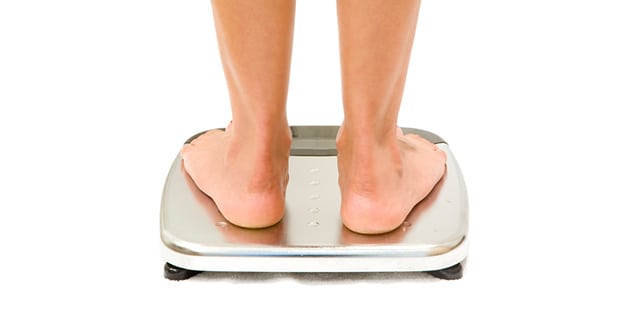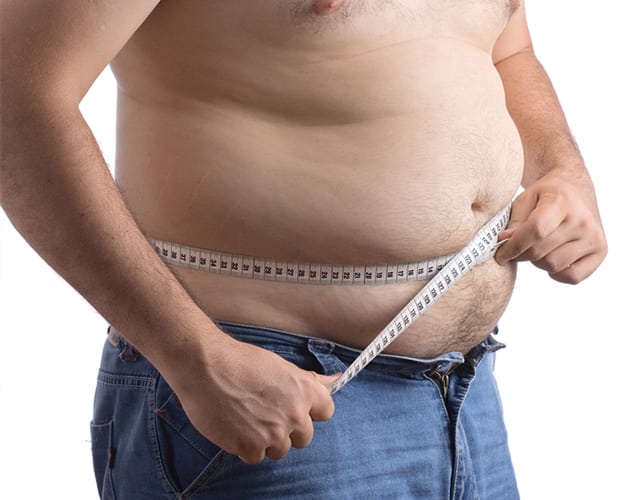
Are you a candidate for stomach surgery? Learn more today.
Defined as having a body mass index of 30 or more, obesity is considered a widespread epidemic, according to patterns reported by the Centers for Disease Control and Prevention (CDC). Putting on extra weight is often a slow, steady process. When you realize it’s time to shed added pounds, however, accomplishing that goal can be a frustrating endeavor.
If you’ve seriously tried to lose weight without success, you may be a candidate for some form of stomach surgery. Not meant to be a go-to remedy for weight loss, it’s a step that often leads to meaningful results for people who are committed to making it work.
CONTACT US TODAY
When to Consider Stomach Surgery
It’s not always easy to stick with a diet or a new fitness routine, especially if you constantly feel deprived or face one frustrating and disappointing setback after another. The added stress of trying and failing to lose weight sometimes leads to a more significant weight gain. For some people, this means a cycle of up and down weight fluctuations, a pattern that can contribute to several health problems. If you are carrying around at least a hundred pounds or so of extra weight and have conditions related to your weight such as diabetes and sleep apnea, stomach surgery may be worth considering.
Stomach Surgery That’s Reversible
Laparoscopic adjustable gastric banding is the most common form of stomach surgery that’s reversible. Typically shedding about six inches off the waistline over a one to two year period based on average results, gastric banding involves the placement of a silicone band around the upper portion of the stomach. Also reversible, the gastric balloon procedure uses an inflatable silicone balloon in the stomach to minimize food intake. It stays in place for six months, during which time patients lose about 30 percent of their extra weight while also being encouraged to make productive lifestyle changes.


Permanent Stomach Surgery Options
A roux-en-Y gastric bypass is the most common type of permanent stomach surgery for weight loss. With this type of surgery, a small pouch is created and the small intestine is connected to it to reduce the body’s absorption of calories. Because intake of some essential nutrients is also reduced, patients will need to take vitamin and nutritional supplements. Resulting in an average weight reduction of 8-12 pounds per month after the initial weight loss, sleeve gastrectomy is a restrictive procedure where more than half of the stomach is removed. The remaining portion, referred to as a sleeve, limits how much food can be consumed at any time. Weight loss with a duodenal switch with biliopancreatic diversion is achieved by re-routing the intestines, removing the gallbladder, and reducing the size of the stomach.
Getting Ready for Stomach Surgery
Preparations for stomach surgery often start before the actual procedure. Severely obese patients with a BMI of 40 or more are often encouraged to lose some weight before their surgery to minimize risks. A dietician or nutritionist can put together a customized diet plan. Some of the recommended dietary adjustments can be made prior to surgery, such as learning to shop for healthy foods or eliminating the consumption of carbonated beverages of sugary snacks. Many patients also benefit from ordering post-surgery medication in advance and arranging for assistance with more demanding household tasks that may be difficult to do while recovering.
Diet and Exercise After Surgery
Soft foods and liquids are often recommended immediately after most forms of stomach surgery. A general post-surgery diet includes three full meals a day, healthy snacks, and foods that are high in protein content and low in unhealthy fats and carbohydrates. Drinking plenty of water is equally important to avoid dehydration and reduce constipation. Most patients are encouraged to start with at least 2-3 days of regular exercise per week after they have healed from the procedure before gradually increasing their activity level.
Stomach surgery for the purpose of weight loss, also referred to as bariatric surgery, offers a wide range of potential benefits, including steady weight loss that typically continues for a few years after the procedure, improvement of obesity-related health conditions, more productive sleep, and a higher natural energy level. Any type of stomach surgery is a big step to take in an attempt to lose a significant amount of weight. For many people, it’s a journey that often starts with an initial consultation and a firm commitment to making lasting and positive changes.
To learn more about your options, contact our office today.

